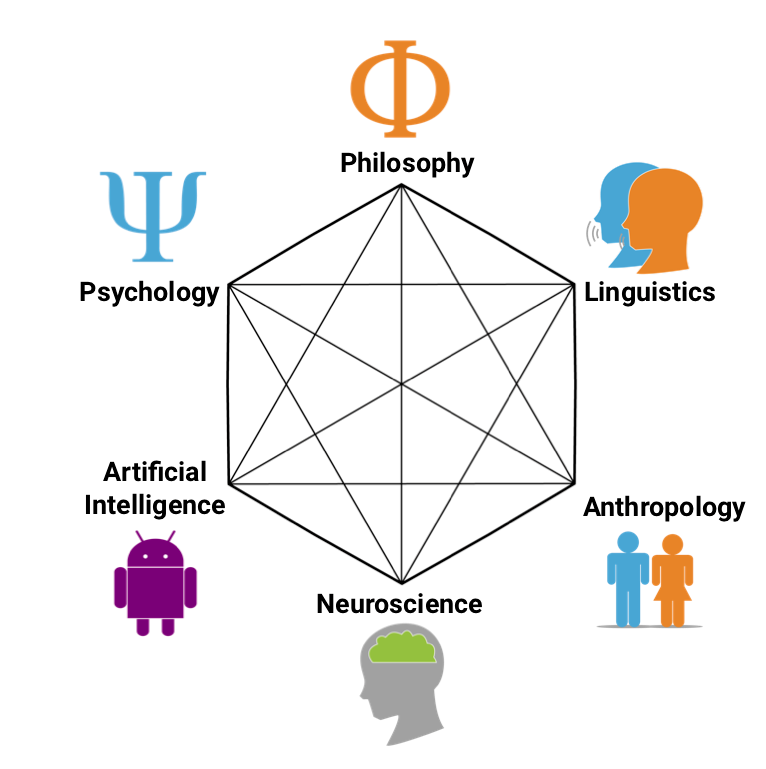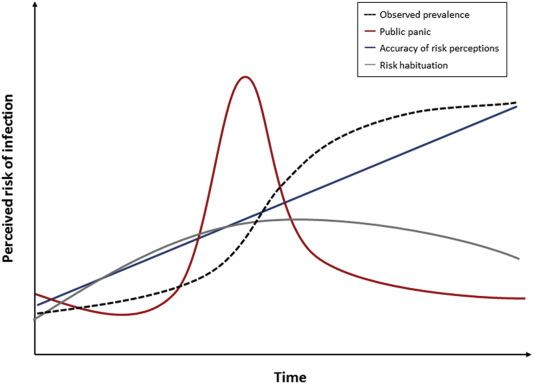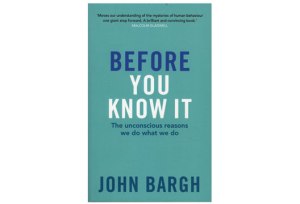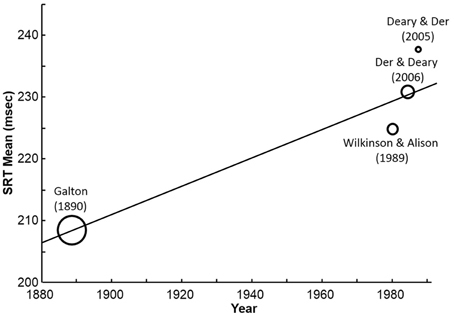Cognitive science is the scientific study of the mind. It views the mind as an information processor. Sensory input is processed by different processing systems that alter the information in systematic ways. The aim of cognitive science research is to specify the processes and structures that make cognition possible. Cognitive science takes an interdisciplinary approach […]
Read More








